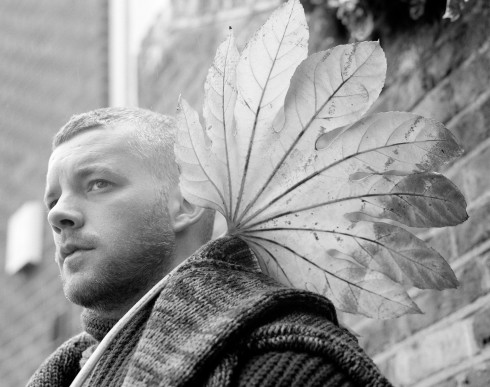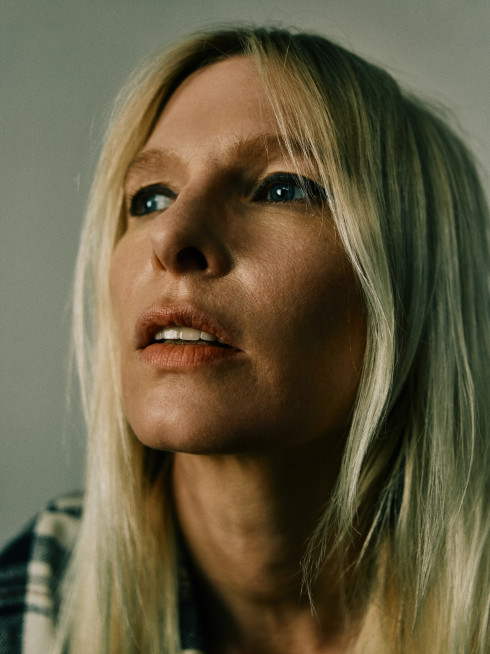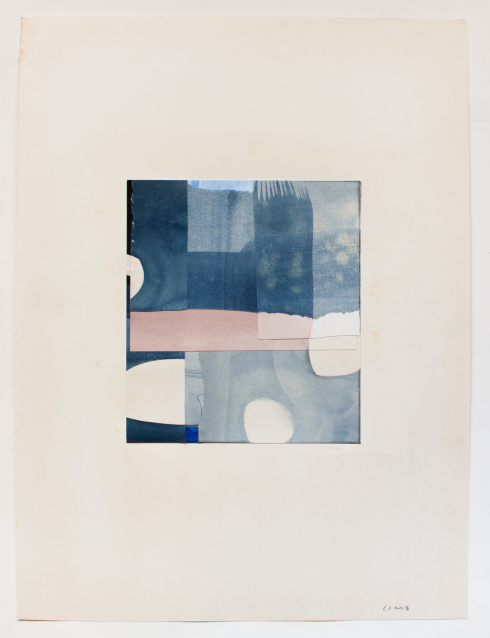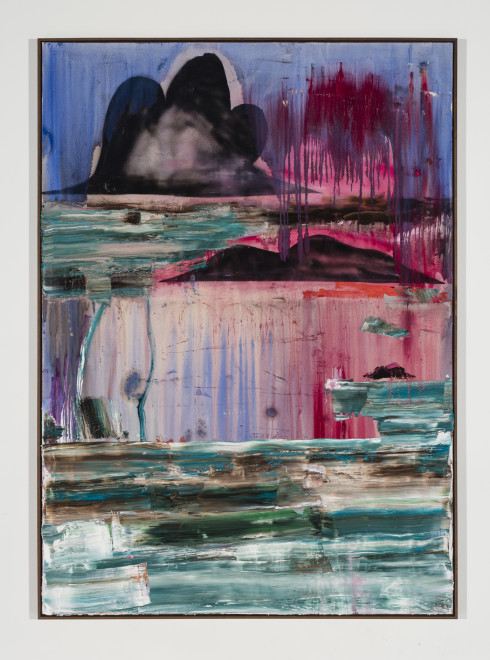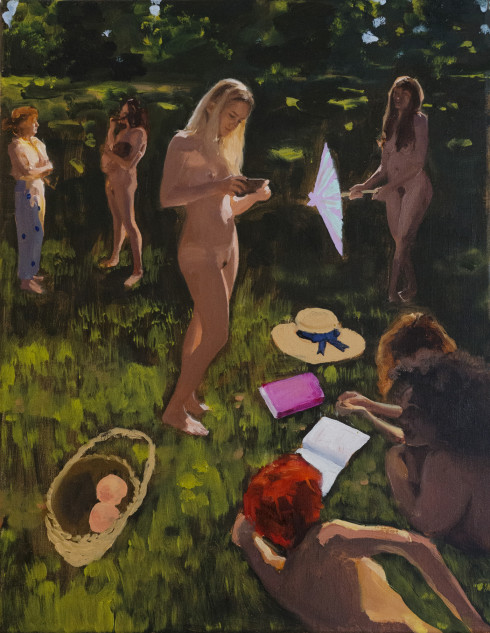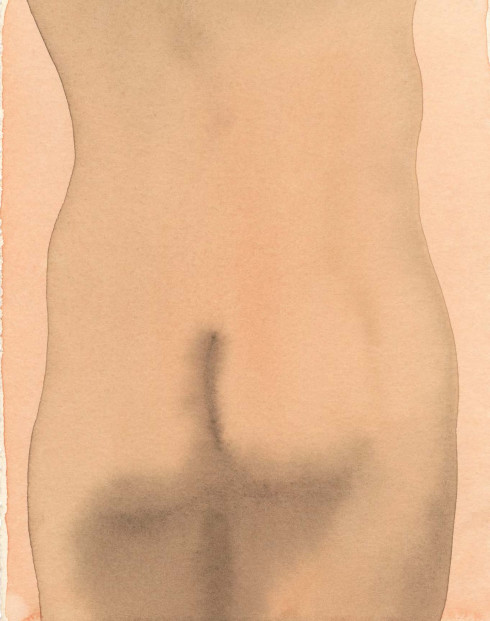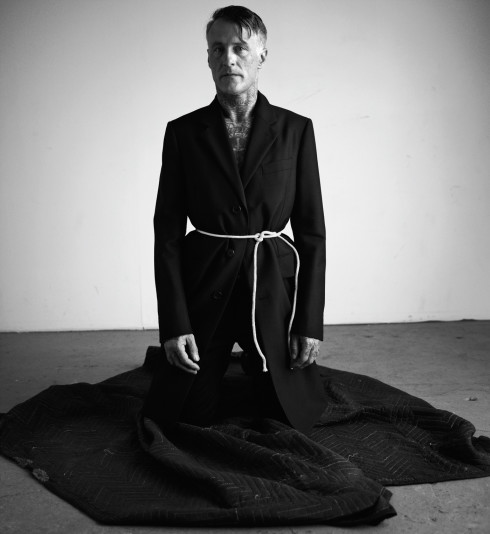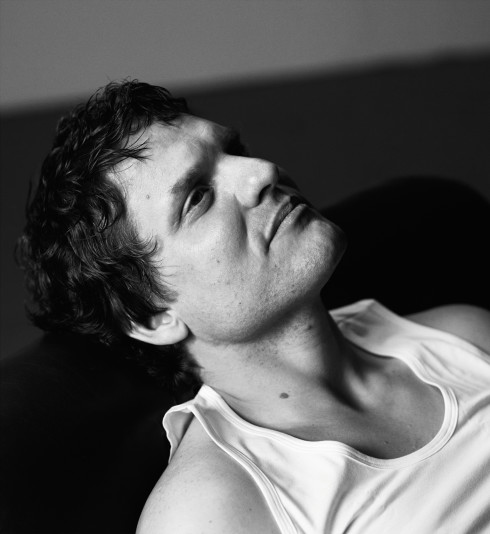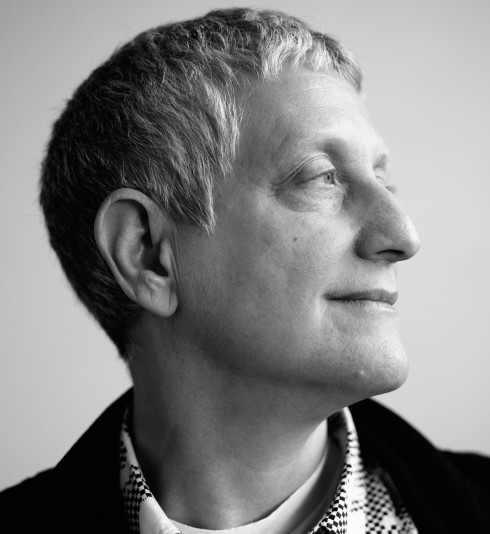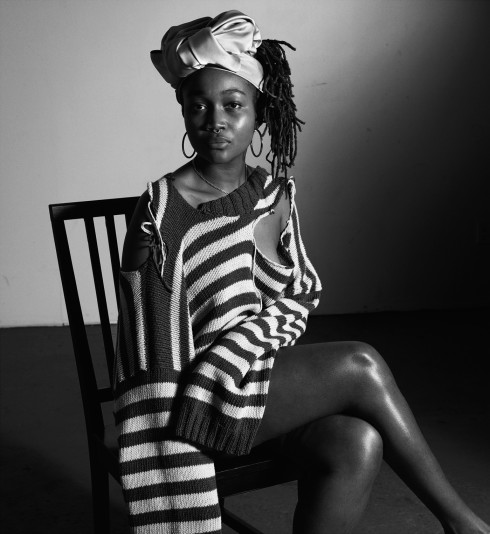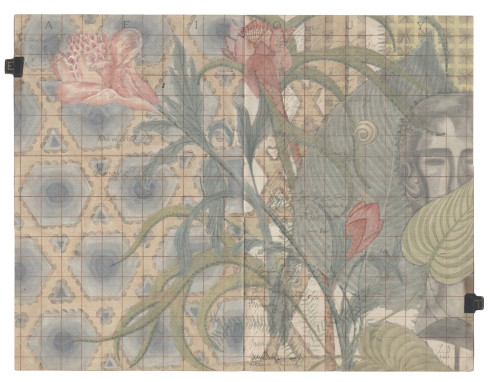MK ASANTE
If we still have the term “Renaissance man” in the common vocabulary, MK Asante, Jr., is such a man. At the mere age of twenty-nine, he has written two poetry collections and one nonfiction book, and originated three documentaries. He is a tenured professor in creative writing at Morgan State University in Baltimore, and a frequent guest lecturer at universities across the United States. He has been awarded the key to the city of Dallas, and, among others, the Breaking the Chains Award by UNESCO for his 2005 documentary 500 Years Later. CNN calls him “a master storyteller and major creative force.” Asante is currently working on a memoir, Buck, that will chronicle his journey from troubled youth to what he is today. Scheduled for release in 2013, Buck will be followed by a documentary about the author, directed by filmmaker Ben Haaz. If the book is successful, Asante plans to adapt the story into a feature film.
Though still an artist-in-the-making, Asante’s work has so far been centered on the African-American experience, its history, and its current expressions. He has drawn attention to the ramifications of slavery, whether they are physical or psychological, in his documentaries 500 Years Later, The Black Candle, and Motherland. In his book It’s Bigger Than Hip Hop, he writes about the social and political issues that face the post-hip hop generation.
Perhaps best described as an intellectual rebel, Asante lives his life with the personal mantra, “If you make an observation, you have an obligation.” It has led him to produce eye-opening works about the still very tangible racial inequalities in the United States. Because African-Americans have only been legally equal to white Americans for forty-four years, since the passage of the last civil rights bill, Asante can still see the effects of the roughly five hundred year-long subjugation. He notes that one-third of African-Americans still live under the poverty line and, though representing only 12.6 percent of all US citizens, the group represents a staggering roughly 40 percent of the country’s prison and jail population. “Today is what it is because yesterday was what it was,” he says. “All this is connected to where we were and where we came from and how the history has been here.”
Now a renowned scholar and activist, Asante’s father, Molefi Kete Asante, Sr., was one of sixteen children who grew up picking cotton in a family of sharecroppers in Valdosta, Georgia. He attained an education by earning a scholarship for memorizing the Bible while still an adolescent. Joining the civil rights movement in high school, Asante, Sr., quickly advanced to become highly influential in the field. Now the author of over sixty books and a professor in African-American studies at Temple University, a PhD program that he founded, Asante, Sr., has paved the way for the next generation to continue the quest for equality. It is a legacy that MK Asante, Jr., has entertained, but after almost a decade of dedicated production, he feels ready to move on.
“I would like to say that I’ve tried to do things that I feel will be progressive in society and advance new ideas,” he explains. “I’m interested in that, but I’m young and I think I’ll do so many different things throughout the course of my life, and they won’t always be 500 Years Later and Black Candle. Those are things that I’ve done and that I’m really proud of, but I did those things because I needed to do those things at that time. There are new things that I need to do now that aren’t in that same sphere.”
Asante doesn’t see himself writing another nonfiction work in the near future. Instead, he plans to focus his energy on narrative storytelling, novels, and feature films. He believes that his memoir, Buck, will be the bridge. It portrays the life of the author from the ages of thirteen to seventeen. It starts with his older brother’s incarceration, his mother’s fall into mental illness, and his father’s departure from the family.
“It’s about a young kid who went buck. You know, ‘buck’ also means to go crazy, to go wild, and when I was that age I didn’t care about anything,” he says. “I wasn’t conscious of the things I am conscious of now and I was just out there doing wild shit, not giving a fuck, and at the same time it was an incredible education. Mark Twain used to say, ‘Don’t let school get in the way of your education.’ My education really came from Philly and being on the streets and learning from the street guys and experience, essentially. School came later, and to me school was always bullshit. Most schools I ever went to were bullshit. They were always just about rote memorization, regurgitation. They were all set up to make you an obedient worker, an obedient slave. You know, just follow orders, don’t ask questions, run the machines real good, do what we say, and pay your fucking taxes.”
After getting kicked out of several schools, Asante found his calling in creative writing upon discovering the works of Allen Ginsberg and Jack Kerouac. Since then, he has attained a BA in Africana studies and English at Lafayette College and an MFA in screenwriting at UCLA. After expressing his discontent with American education in his poetry collection Like Water Running Off My Back, Asante went on to become a professor himself, joining the faculty at Morgan State University at age twenty-three. “Buck is about that journey,” he says. “It’s about discovering creative writing and what that did for me, and discovering art and how that changed my world.”
Recently approached by UNAIDS to propose a way to raise awareness amongst the younger generations in Africa about AIDS, Asante is now also working on Project Zero. It will be a concert in Africa with hip hop, reggae, and R&B artists from around the world. “The whole thing will be about zero, like zero discrimination, zero HIV infection, zero stigma,” he explains. The concert will air on MTV Africa and Asante and his film crew will document the process for a Project Zero documentary, due for release around six months after the event.
Using hip hop as a vehicle to address the younger generations about political issues is something Asante has done before. He adapted his spoken word poem “Like Water Running Off My Back” into music with the help of jazz band Ocacia for 500 Years Later. In his essay “A Phone Call With Hip Hop Personified,” Asante writes that the very meaning of hip hop is enlightened action. Hip is believed to derive from the Wolof word hipi, which means, to open one’s eyes and see. Hop is derived from the Old English word hoppian, which Asante writes means, to spring forward into action. Though the majority of today’s hip hop artists seem far from enlightened actors, Asante believes that the community will yet again become conscious.
“As someone who studies history, I don’t get too rattled in a particular time, because these are just brief moments,” he says. “It’s not going to be cool forever to not be engaged. It’s going to be cool again to be engaged, and I think part of what I’m trying to do is to make certain things cool that weren’t really cool before.”
Political engagement has always been a cyclical trend. After over a decade of frivolous media, it is likely that the next generation will pick up the torches again. The Internet Era sees a youth with far greater access to information and far greater power to express itself than any other generation in history. In times like these, when politicians are bought and sold on the stock exchange and the news serve more as entertainment than education, the real visionaries will not be found in politics. They will be on blogs and social media sites, in movies and books. Or, like MK Asante, Jr., they will do all of the above. “I don’t think we have to watch the news or run for Congress,” he says. “I think that’s the old model. I think we have to be the news, create the news, and fucking run Congress out.”
For more information, please visit MKAsante.com.


